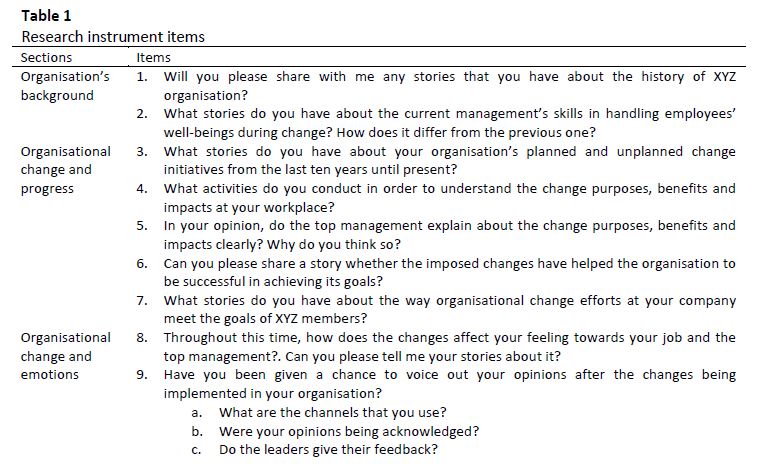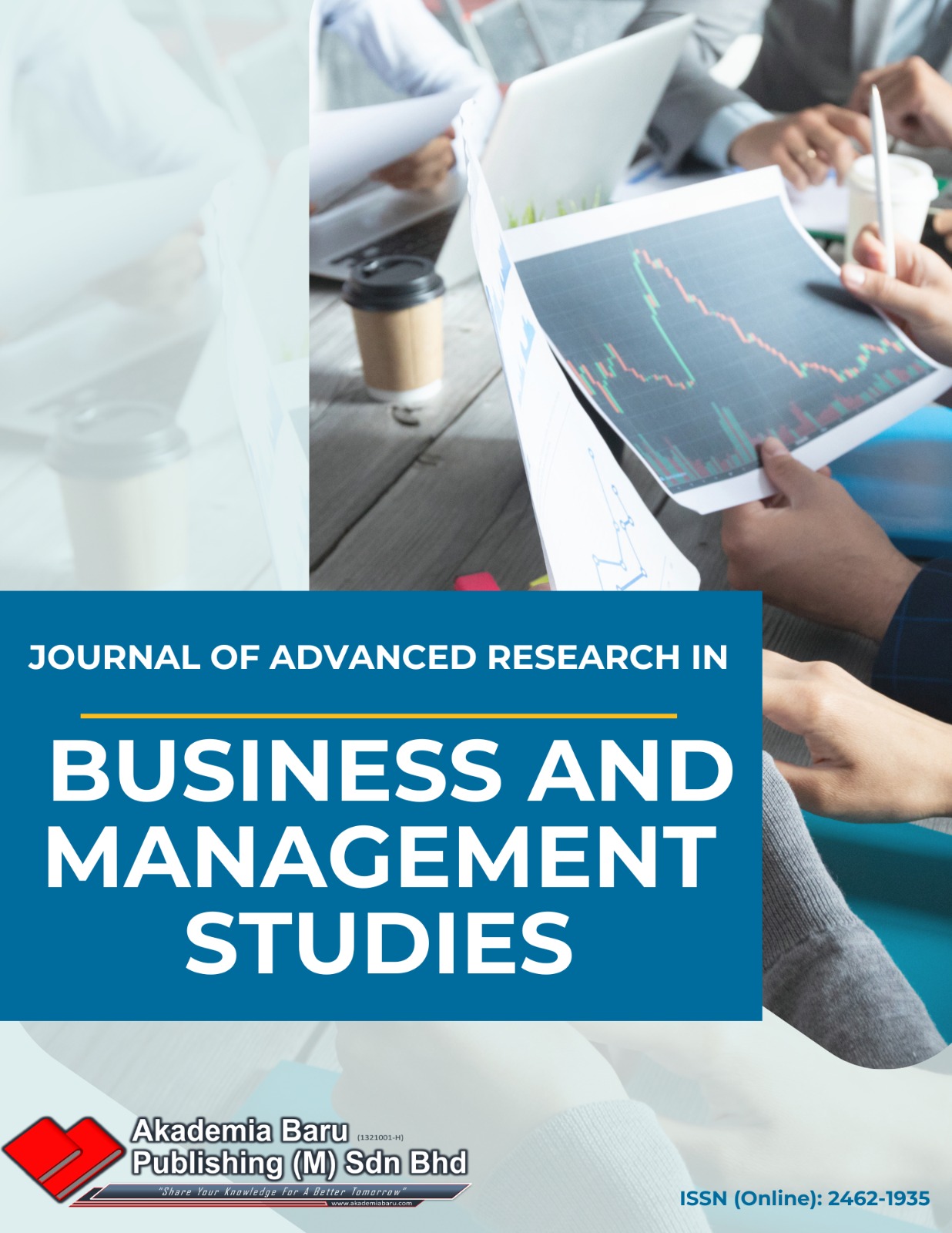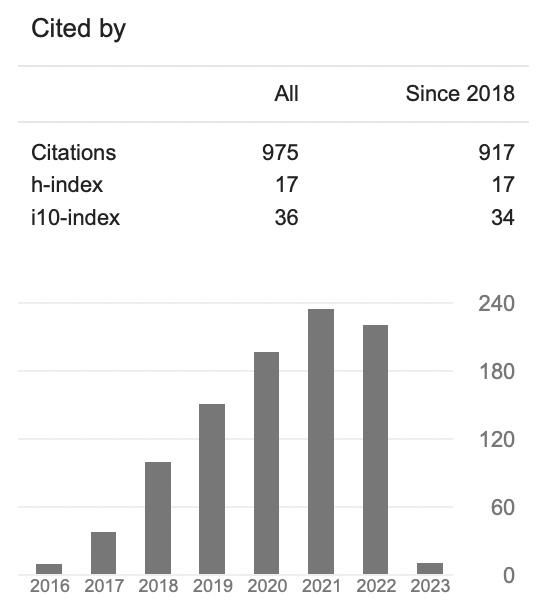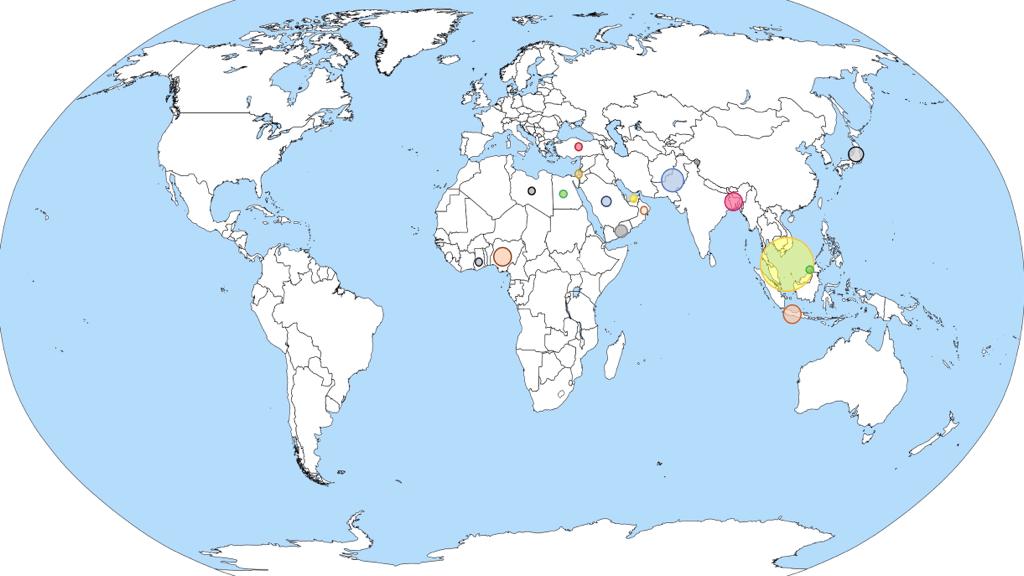Managing Organisational Change: The Role of Polyphony and Emotional Reflexivity
DOI:
https://doi.org/10.37934/arbms.34.1.4260Keywords:
Emotional reflexivity, Malaysia, manufacturing industry, middle managers, organisational change, polyphonyAbstract
Despite the profound impact of polyphonic practices in helping leaders and organisational members to achieve a successful organisational change effort, many organisations are still unable to engage in excellent change communication activities. As such, the organisations will face difficulties in achieving their short and long-term goals, create more misunderstandings among employees, and diminish both employees and customers’ trusts. Previous research studies have also progressively highlighted cultural factors has been one of the influential factors that affect the communication behaviours of organisational members and leaders during change. Since research that focuses on middle managers’ polyphony practices especially those in a collectivistic society has been minimal, this research was conducted to examine how polyphonism is practiced by the studied organisation during organisational change. Using middle managers’ conversations on emotional reflexivity during change, this research was conducted to obtain a rich understanding on the studied phenomenon. Communicative Constitution of Organisations the Montreal School (CCO TMS) theory was used to guide the present research and semi-structured in-depth interviews with thirty middle managers of a Malaysian (aerospace component manufacturing) organisation were carried out. The data was analysed using thematic analysis. The data revealed polyphony are strongly enforced by the respondents and their leaders through five steps of practice: mutual recognition, mutual trust, dialogic sessions, mutual understanding, and mutual agreement. The respondents also acted as polyphonous leaders: leader and decision maker of subordinates’ interactions, and leader for ideas’ diversity. The themes also reflected the emotional reflexivity practiced by the respondents which are self-consciousness, empathy, self-control, motivation and social skills. This research helped to contribute new traits to the unique face of Malaysians’ identities. It also shows the importance in attending to middle managers’ conversations on change since middle managers’ acceptance towards change are being influenced from their emotional reflexivity and organisation’s polyphony practice.

















